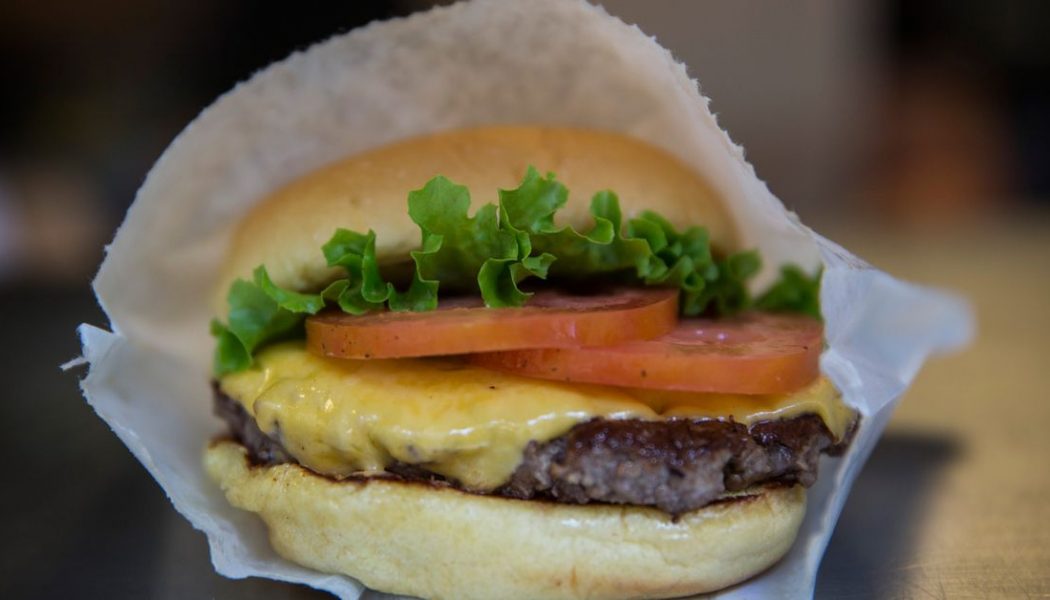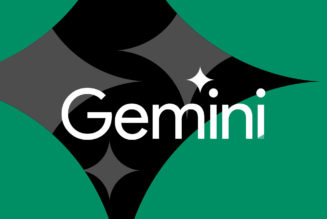
Lately, it seems like forgoing red meat has become an unfortunate proxy for environmental credentials. Epicurious, for example, just announced that it will no longer publish articles or recipes with beef in a decision it calls, “not anti-beef but rather pro-planet.” And then there are headlines like “Why do some green activists eat meat?”
Meat-eating, meanwhile, has become a sort of symbol for climate denial. There are Twitter wars swirling around whether Biden’s climate ambitions will infringe on Americans’ right to eat burgers (his actual climate proposals would not).
But diet shouldn’t be a political scorecard for how down you are for the planet. Shaming people over what they eat — particularly for girls, immigrants, and people who don’t fit the unfairly skinny box of beauty standards — is nothing new. We don’t need to add one more minefield.
Focusing heavily on individual responsibility to save the planet can also be a big distraction from the actual systemic change needed to tackle the global climate crisis. What’s more, it can alienate people who do care about climate change but might not have as many options when it comes to what they eat.
Livestock are responsible for a hefty 14.5 percent chunk of global greenhouse gas emissions. Meat industries have taken efforts to obscure the connection between meat and climate change. So these industries should be held accountable for the damage they do to the planet we call home. As a media outlet and respected food institution, Epicurious does have some power and responsibility to do just that by leaving beef behind.
Most individuals don’t carry the same weight on their shoulders, especially if you live in a neighborhood where fresh produce or meat alternatives feel out of reach. Taking on the climate crisis is a battle against structural barriers and systemic failures. It’s about confronting power, not people’s dinner choices.
Having the alternatives easily available to be able to give up beef, for example, might require some level of privilege. Up to 54 million people in the US — more than 17 percent of the US population — live in low-income census tracts without a grocery store nearby. If you’re in one of these food deserts, a hot dog from a gas station or a burger from McDonald’s might just be what’s at hand.
“Boycotts of terrible retailers are a wonderful idea until you realize that they are the only option in some areas,” Mikki Kendall writes in her book, Hood Feminism: Notes from the Women That a Movement Forgot. “Who is being hurt more? The corporation, or the people who rely on it for access to food?” Kendall’s book is broadly about how mainstream feminist groups can marginalize girls and women of color when they fail to recognize other inequities and injustices they face — including food insecurity. Mainstream environmentalism can apply similar lessons to their movement.
“All too often, our culture broadly equates ‘environmentalism’ with personal consumerism. To be ‘good,’ we must convert to 100 percent solar energy, ride an upcycled bike everywhere, stop flying, eat vegan,” writes Mary Annaïse Heglar, a climate justice essayist, in Vox. “All this raises the price of admission to the climate movement to an exorbitant level, often pricing out people of color and other marginalized groups.”
There could, of course, be big gains for people and the planet if there were better access to fresh fruits and vegetables for everyone regardless of identity, income, or where they live. That’s a conversation about empowerment and self-determination, not shame and moral high grounds.
There already are plenty of people who abstain from meat for environmental, cultural, or personal reasons. And if someone does want to reduce their individual carbon footprint, there’s evidence that cutting down on meat is one of the most effective ways to do that. The best way to support people who do want to eat less meat might be to ensure they have access to the foods they actually want. Again, choosing what you eat is easier said than done when you don’t have fresh foods or culturally specific ingredients nearby.
There are even more disparities to consider when it comes to food and the climate crisis. Not everyone is equally responsible for the problem. Researchers have found that the typical diet of white Americans had higher per capita greenhouse gas emissions compared to that of Black and Latinx Americans.
But again, focusing heavily on individual choice and responsibility to save the planet can be a big distraction. We’re seeing that play out now with the drama over the false story that Joe Biden plans to limit Americans’ red meat consumption to four pounds a year. Biden has never suggested such a meat limit. Instead, he’s proposed dramatically making over the nation’s infrastructure to transition toward clean energy — an actual policy debate with a lot more rhetorical meat to sink your teeth into.
That saga also highlights how much food can be tied to identity, and how shaming someone for their diet tends to divide and disempower people rather than get them to act on climate change. Ultimately, everyone deserves to be at the table if they care about the climate. Refusing someone a seat because they’re not readily abandoning meat hurts more than it helps. Each person might have something different to offer, whether it’s a dish, an idea, or a vote. The solutions make up a potluck — not a prix fixe, one-size-fits-all menu.










